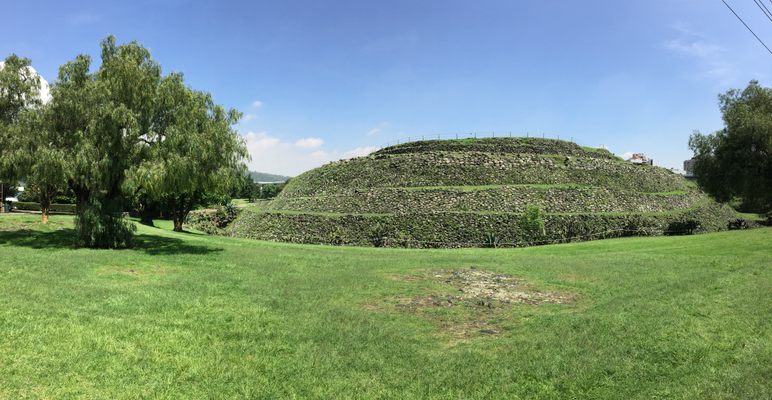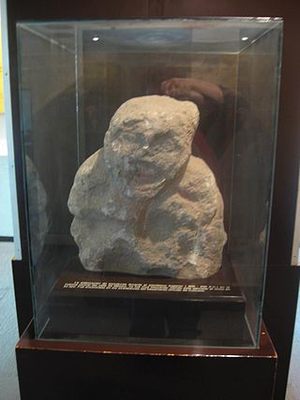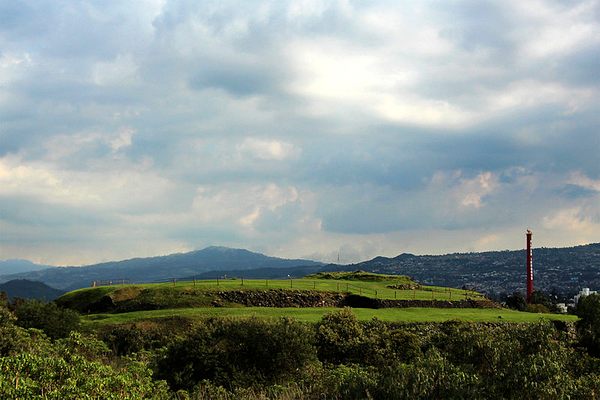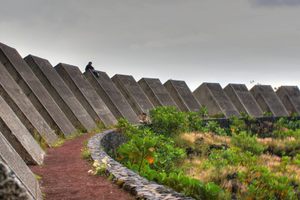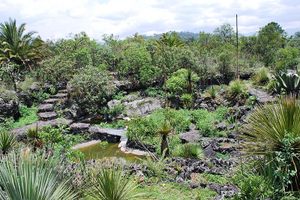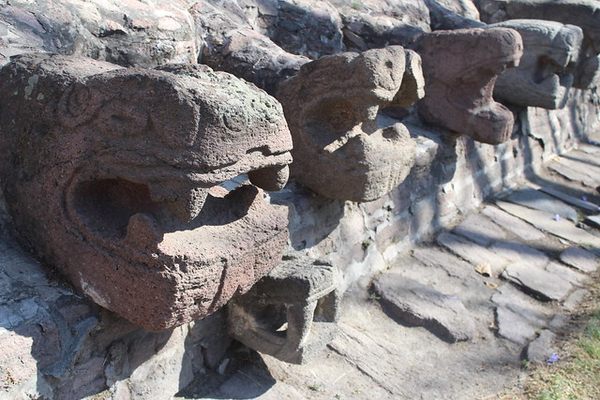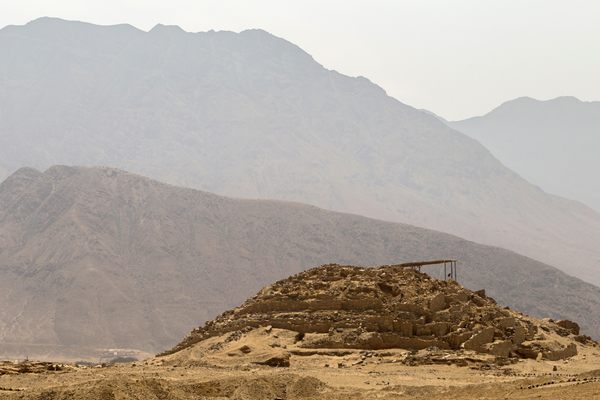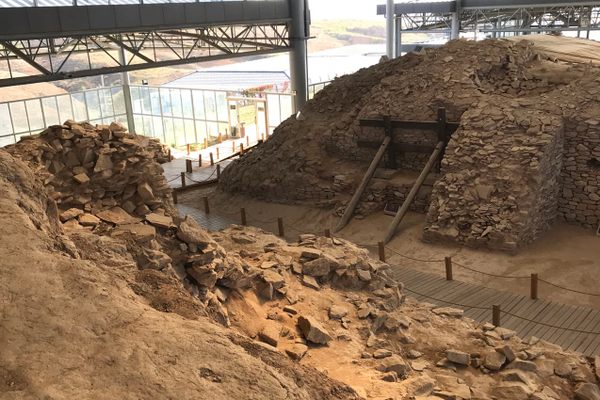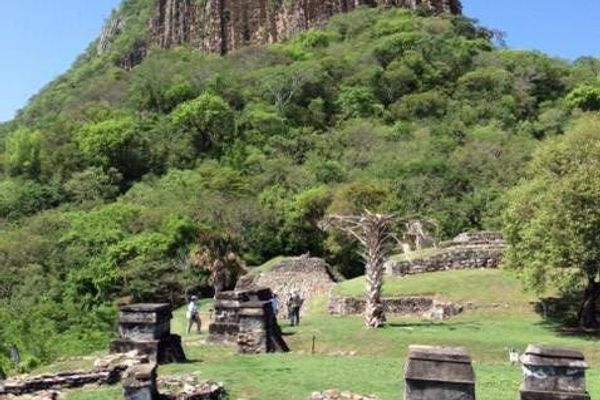About
Nestled within Mexico City is a little-visited circular ruin. The temple mound is at the heart of what’s believed to be the oldest city in the Valley of Mexico and was built by a civilization that to this day remains a mystery.
Evidence suggests that Cuicuilco began as an early farming settlement around 1200 BC. By 800 BC, its population had expanded. This increase in urban growth and cultural innovation led to the construction of its great pyramid, as well as other small pyramids and dwellings.
Although the culture of Cuicuilco remains a mystery, many of the artifacts discovered in archaeological excavations suggest that the Cuicuilca were a civilization whose religious life centered around the worship of an ancient Mesoamerican deity known as the "Old God of Fire." In an ironic twist of fate, it was likely fire that brought about the civilization's abrupt decline.
In the first century AD, the Xitle erupted, sending molten lava spewing down the mountainside and throughout the valley below. Much of the area—including some of its people—were buried beneath lava and suffocating clouds of ash.
Archaeologists believe the survivors of the Cuicuilca civilization fled, abandoning the ruins of Cuicuilco and forming other communities in distant parts of the valley of Mexico. These communities would one day experience a cultural renaissance that gave rise to the great civilization of Teotihuacan, making the Cuicuilca an ancestral culture of Teotihuacan.
Related Tags
Know Before You Go
The easiest way of getting to Cuicuilco is to take the Metrobus (Line 1 : Direction El Caminero) to the Villa Olimpica station. Once you arrive, get off at the station and cross the footbridge, take a left, then walk down the stairs. Then, you can walk from the entrance of the Plaza commercial to the archeological site.
The site is open daily from 9 a.m. to 5 p.m. and has a small museum where you can learn more about its history, see some of the artifacts unearthed during archeological digs, and even see a skeleton. As the site is also a small ecological park, it is a good spot to see wildlife. You will be sure to see ground squirrels and, if you are lucky, you may have the opportunity to see opposums, hawks, owls, hummingbirds, lizards, tarantulas, and rattlesnakes. Stick to the paths as advised by the many warning signs and do not walk through any of the undergrowth, as there are quite a few rattlesnakes that inhabit the area.
Yucatan: Astronomy, Pyramids & Mayan Legends
Mayan legends, ancient craters, lost cities, and stunning constellations.
Book NowCommunity Contributors
Added By
Published
October 31, 2018
